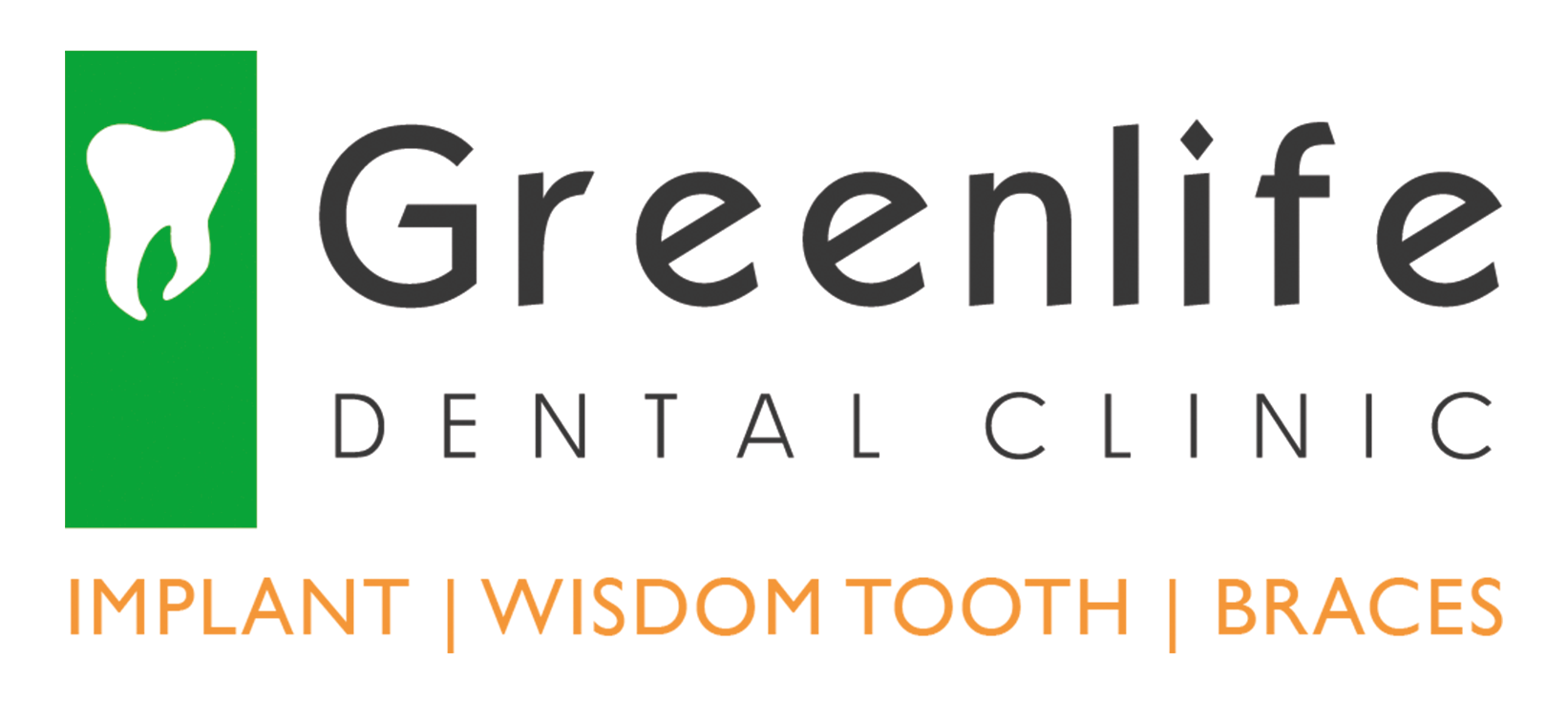Are you conscious of your missing tooth? You are not alone! Many people feel insecure about these spaces, but there’s good news – many solutions are available to help you achieve the smile you’ve always wanted.
Filling up missing teeth is not just about aesthetics; it’s also about improving oral health and functionality. These gaps can sometimes lead to issues like food getting trapped, gum irritation, and over time, lead to shifting of teeth. On occasions like the loss of a permanent tooth, consequences like rapid bone loss, defective speech or changes in chewing patterns will negatively affect one’s quality of health and lifestyle.
Fortunately, modern dentistry offers several effective options for closing these gaps, including implants & dentures.
Choosing the right solution depends on several factors, such as age, lifestyle preference, the health of your gums and remaining teeth and budget.
1. Age
As dental implants are a permanent solution, it is more popular amongst those in their 60s or younger, as they can enjoy more years of use of their prosthetic teeth. More senior adults may prefer dentures as these are much less invasive than dental implants, lower cost and easy to clean.
2. Lifestyle Preference
Comfort & Aesthetics
When it comes to wearer’s comfort, implants are more superior as they provide more stability and functions like natural teeth, allowing for improved chewing efficiency and speech. On the other hand, dentures, while effective, may require adjustments due to changes in jawbone over years, and can feel less secure.
Functionality & Maintenance
Considering daily maintenance, dentures require daily cleaning and occasional adjustments; however, dental implants can be cared for like natural teeth with regular brushing and flossing.
3. Surgical Considerations
Bone Density & Volume
Dental implants require a certain amount of bone density and volume to support them. If a patient has insufficient bone in the jaw, they may require bone grafting procedures to build up the bone before implant placement. Dentures, on the other hand, do not rely on underlying bone density for support. Hence, it is usually more common for older patients to opt for dentures.
Surgical Procedures
With a dental implant, the procedure involves a multi-step process that typically includes extraction of remaining teeth, placement of the implant fixture into the jawline, a healing period and placement of the prosthetic tooth. Hence, dental implant procedures do take a longer period.
For patients who prefer a shorter procedure, dentures are more appropriate as this procedure involves taking impressions of the mouth and fitting the dentures over the gums. This is a less invasive procedure compared to dental implant surgery.
4. Cost Considerations
As dental implants involve surgical procedures, as compared to a relatively simpler denture procedure, implants tend to be more expensive. Dentures may be a more cost-effective option for patients with budget constraints
It is essential to consult with a dental professional to assess your individual needs and determine the most suitable treatment plan for achieving your desired smile and oral health goals. Our teams of dentists can provide personalized recommendations based on a thorough evaluation of your oral health status, lifestyle & preferences, and budget.

